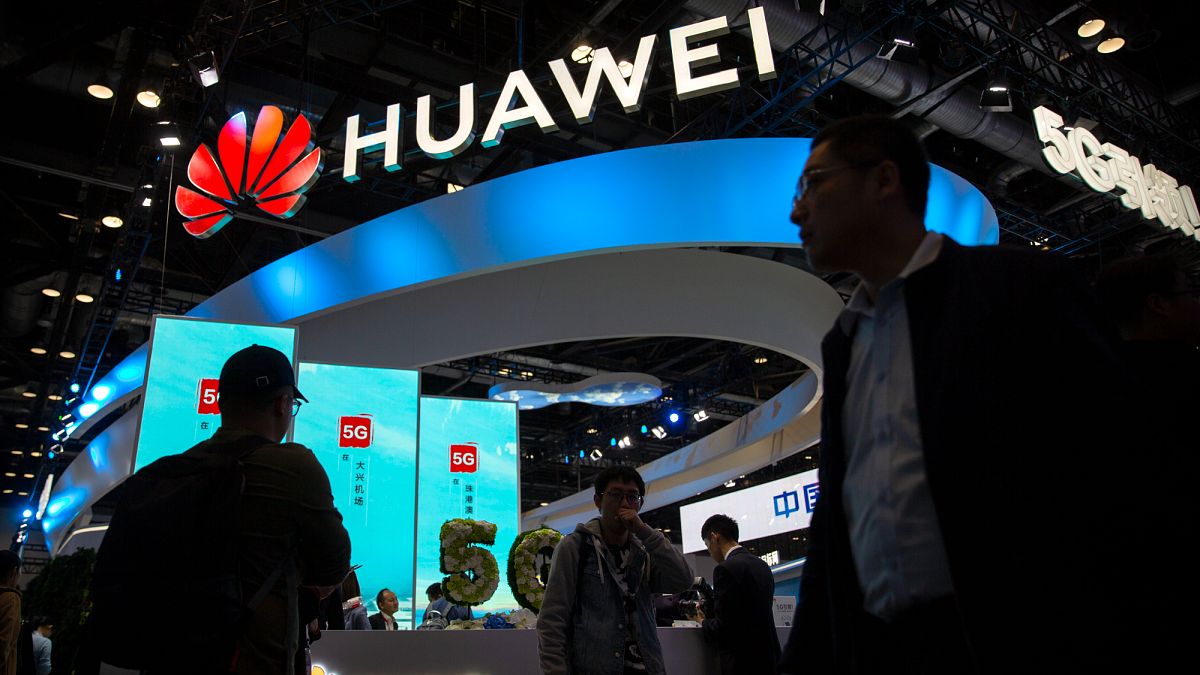

In a world increasingly interconnected yet fraught with complexities, recent developments involving trade policies and technological adaptations shed light on the nuanced balances nations strive to maintain. This reflective piece delves into the multiple dimensions of current global affairs, from trade tariffs to technological engagements.
A significant development has surfaced with the announcement of 30% tariffs on goods imported from the European Union and Mexico, effective from August 1st. This decision, conveyed by former President Donald Trump, underscores ongoing negotiations and the intricate dance of international trade agreements. Kevin Hassett, an economic adviser, emphasized that these tariffs underscore the need for improved trade deals, asserting that they will remain in place unless satisfactory alternatives are negotiated.
The European Union has voiced readiness to engage in discussions while preparing for countermeasures to protect its interests. This balancing act reflects broader geopolitical dynamics, where economic strategies intersect with diplomatic efforts to foster mutually beneficial outcomes. Ireland, renowned for its economic resilience, stands poised amidst these tensions, its position underscored by the reliance on multinational investments and exports, which could be vulnerable in a shifting trade landscape.
In parallel with trade discussions, technological discourses reveal a paradoxical alignment between security concerns and utility needs. The case of Huawei in Spain exemplifies this duality. While the company has been excluded from Spain’s 5G network, it continues to play a role in wiretap storage, reflecting the complex interplay of national security priorities and commercial functionalities. This situation highlights broader global conversations around technology, security, and economic interests.
Moreover, Europe’s commitment to privacy and data protection sets a firm stance against Big Tech through class action cases facilitated by the continent’s robust legal frameworks. The European Union’s General Data Protection Regulation (GDPR) plays a leading role here, empowering privacy groups to challenge tech firms, aiming to safeguard user data and ensure accountability.
Navigating these intricate landscapes requires a mindful approach, appreciating the interconnectedness of global economies and technological advancements. Cooperation, an awareness of shared goals, and a focus on sustainable policies remain vital as nations and corporations chart their paths forward.
This period, marked by challenges yet teeming with opportunities for constructive dialogue, calls for an equilibrium that honors diverse perspectives while advancing global prosperity. The outcomes of these unfolding narratives remain to be seen, but the threads of collaboration and adaptation continue to weave through the fabric of international relations.
Source: {link}
